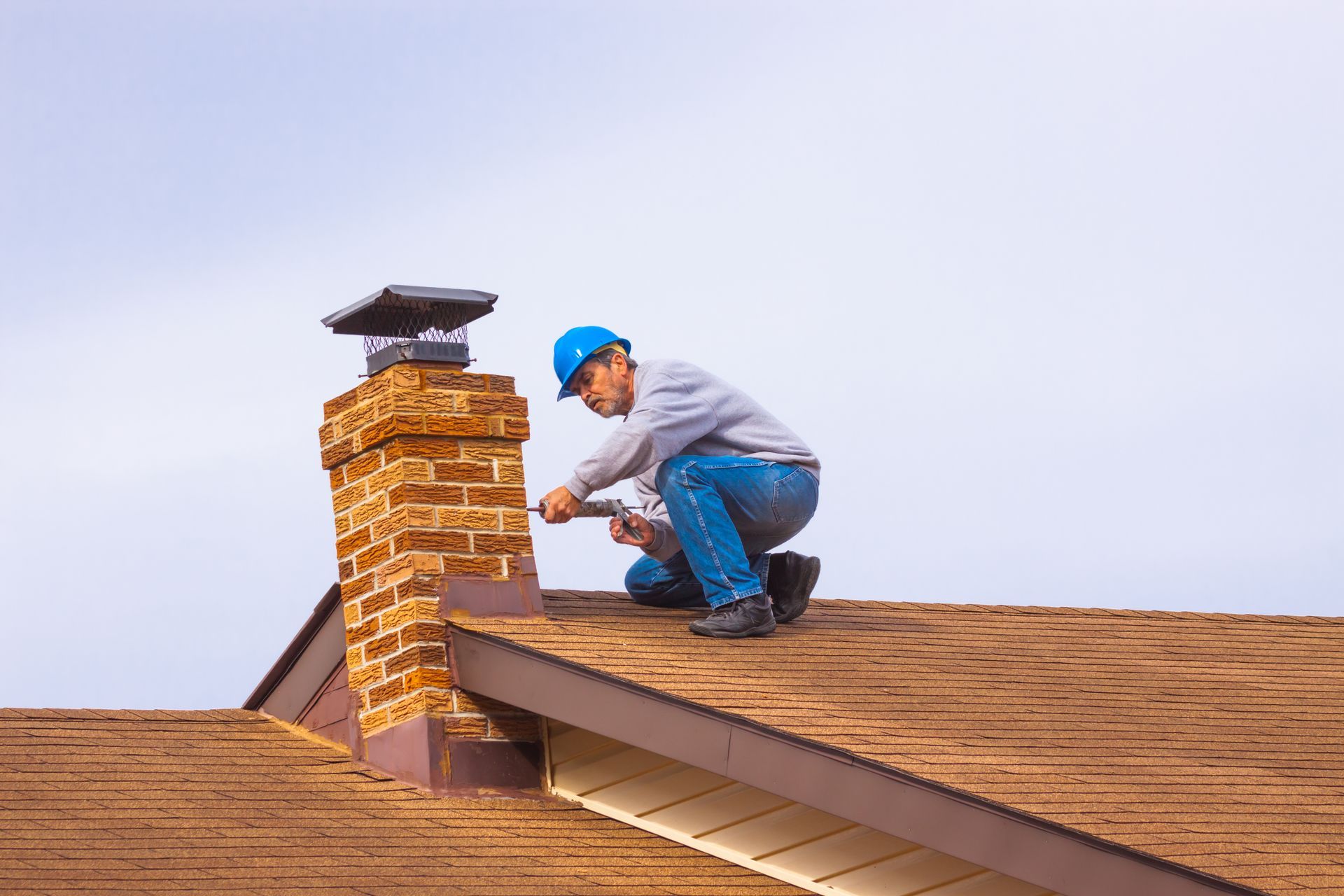Keeping Chimneys Safe in Langley and surrounding areas
Chim-Chiminey Sweep fire burning safety tips:
- Use only seasoned, dry wood. Never burn painted or treated wood
- Don’t overload wood. Small fires generate less smoke and less creosote buildup
- Place logs on the back of a fireplace and use kindling instead of flammable liquids
- Open the damper fully before lighting a fire
- Always use a spark screen or glass doors
- Follow directions carefully when using artificial logs
- Make sure smoke detectors and alarms are working properly
- Contact the chimney experts at Chim-Chiminey Sweep for regular inspections and cleaning to protect your home and keep your chimney functioning properly
The by-products produced from heat sources should never be allowed to leak inside your property. Pollutants ranging from accumulated soot (creosote), to acidic water vapors, and carbon monoxide, will be safely carried away by a well-functioning chimney that provides efficient air flow.
Is My Chimney Toxic?
The potential flow of toxic gases to the indoors originates from soot, the reverse air flow and production of dangerous carbon monoxide. The problem lies with chimney connector systems which are subject to deterioration due to weather conditions, animal invasions, rust, and the accumulation of soot and debris. Regular care and maintenance is required to ensure safety and optimal functioning. Neglect can cause problems that range from blockages that re-direct toxic fumes indoors, to chimney fires and an overall deterioration of the flue.
Odorless and toxic gases like carbon monoxide are often termed ‘silent killers’ and pose a real threat. Government sanctioned agencies including the U.S Environmental Protection Agency and other recognized environmental organizations, strongly urge homeowners and industrial managers to have their chimneys inspected and cleaned regularly.
For more information about chimney safety and maintenance in the Cloverdale, Anmore, and the Coquitlam areas, contact our experts at (604) 465-2135.


